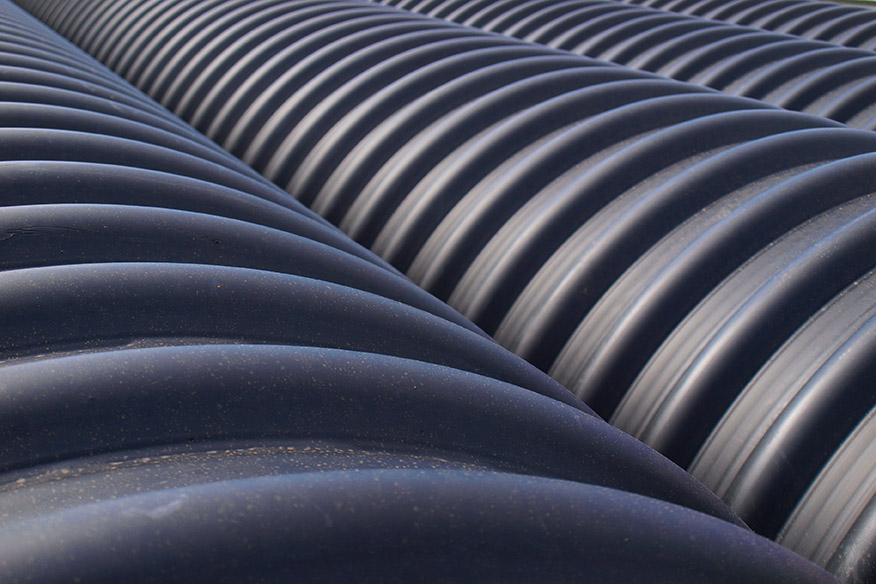
The deal brings two huge plastics reclaimers under the same corporate structure. | kaninw/Shutterstock
The parent company of Green Line Polymers acquired the parent company of Champion Polymer Recycling in a purchase valued at over $1 billion.

The deal brings two huge plastics reclaimers under the same corporate structure. | kaninw/Shutterstock
The parent company of Green Line Polymers acquired the parent company of Champion Polymer Recycling in a purchase valued at over $1 billion.
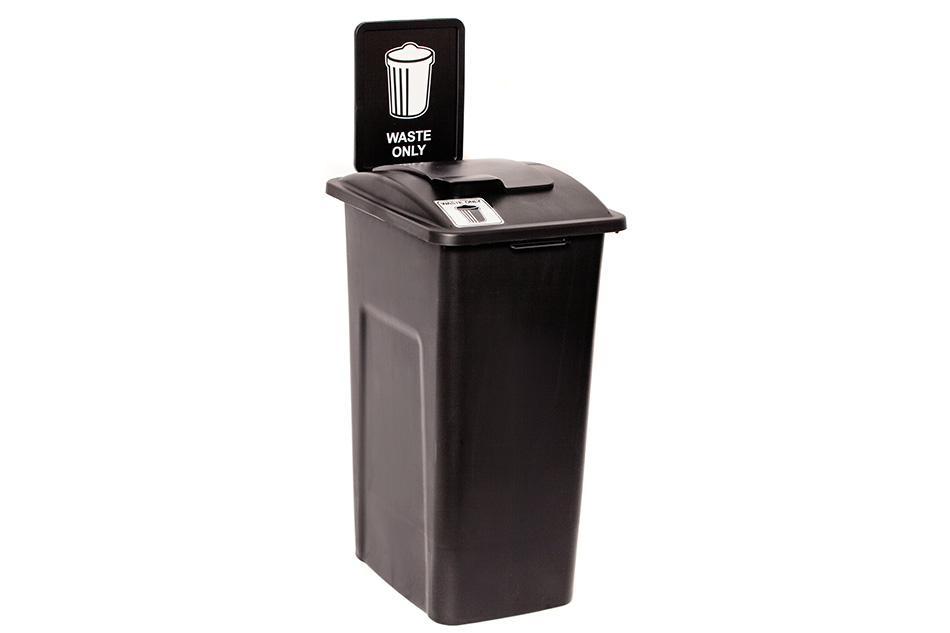
For injection molding, Busch Systems is now taking in at least 44,000 pounds of post-consumer plastic a month. | Courtesy of Busch Systems
Garbage and recycling container maker Busch Systems recently announced it has developed additional products made from 100% recycled plastic. An executive explained how the Canadian company continues to boost recycled content.
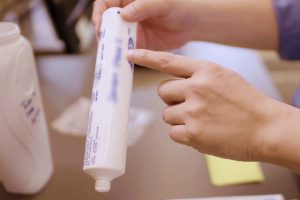 Colgate-Palmolive has developed a toothpaste tube that passed tests for sortability by materials recovery facilities and processability by plastics reclaimers.
Colgate-Palmolive has developed a toothpaste tube that passed tests for sortability by materials recovery facilities and processability by plastics reclaimers.
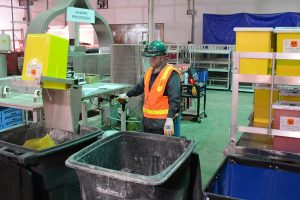 Biopharmaceutical production scrap consists of different polymers, multi-layer films and some hazardous materials. A recycling program is demonstrating that this tough-to-tackle stream doesn’t have to be destined for disposal.
Biopharmaceutical production scrap consists of different polymers, multi-layer films and some hazardous materials. A recycling program is demonstrating that this tough-to-tackle stream doesn’t have to be destined for disposal.

Earlier this year, global plastics producer Indorama Ventures acquired reclaimer Custom Polymers PET. Financial filings show the deal was worth $30 million.
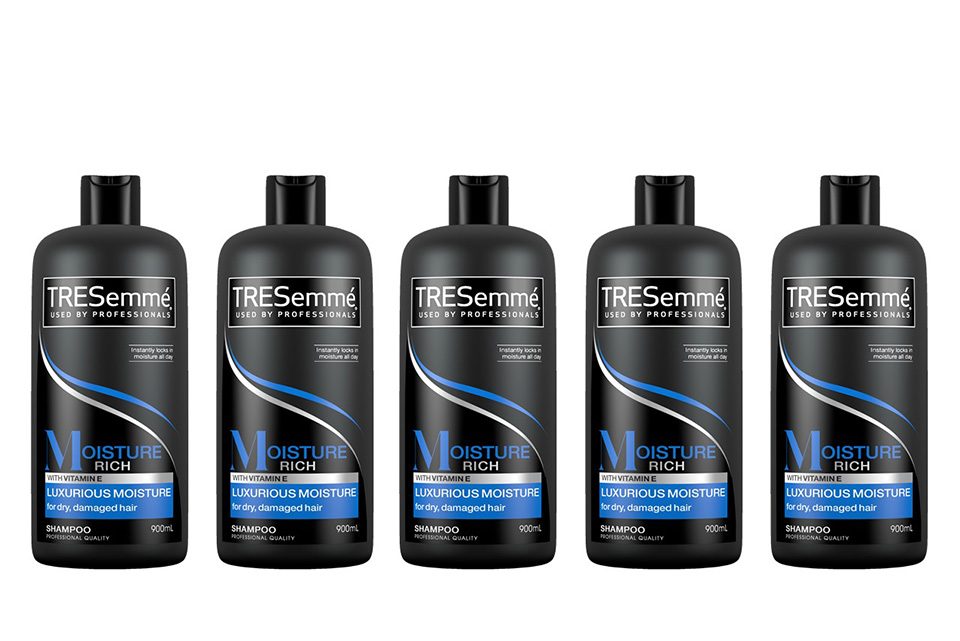 One of the world’s largest consumer packaged goods companies will roll out a black plastic HDPE bottle that near-infrared sorters can identify.
One of the world’s largest consumer packaged goods companies will roll out a black plastic HDPE bottle that near-infrared sorters can identify.
In coming years, recycled PET and polyolefins will likely have to continue competing with cheap virgin plastics. But scrap markets will also be impacted by uncertain government policies and brand owner decisions.
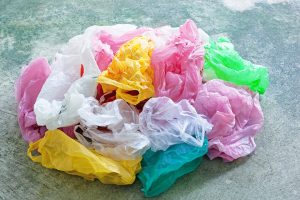 Researchers have found a way to convert post-consumer LDPE and HDPE into energy-storing carbon that can be used in batteries.
Researchers have found a way to convert post-consumer LDPE and HDPE into energy-storing carbon that can be used in batteries.
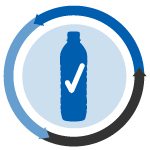 The U.S. Food and Drug Administration gave a New England plastics reclaimer the thumbs up to recycle a polyolefin blend for use in cutlery and food packaging.
The U.S. Food and Drug Administration gave a New England plastics reclaimer the thumbs up to recycle a polyolefin blend for use in cutlery and food packaging.
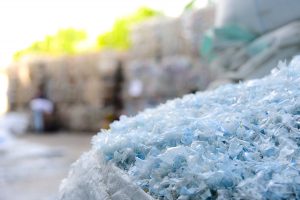 Intuition says making products from recycled plastic is better for the environment than using virgin plastic. A recent study puts hard numbers to that understanding.
Intuition says making products from recycled plastic is better for the environment than using virgin plastic. A recent study puts hard numbers to that understanding.

